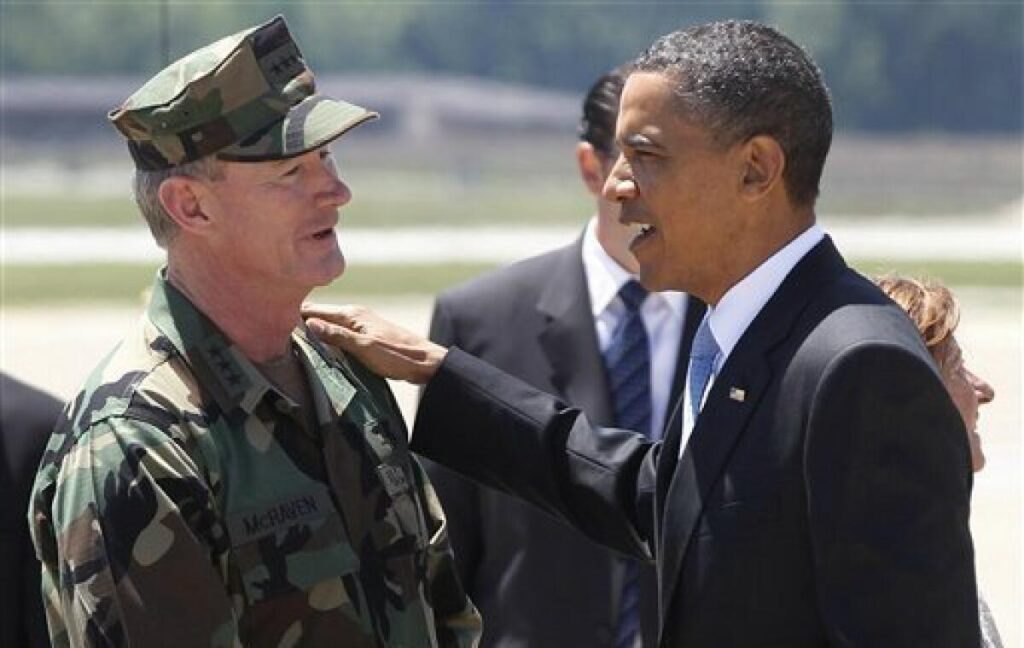JSOC’s unique capabilities and operational success make it a powerful and controversial force in the world of black ops. Its role in counterterrorism, unconventional warfare, and cyber operations will undoubtedly play a crucial part in the future of national security efforts. As JSOC’s missions continue to be shrouded in secrecy, debates about accountability, transparency, and civilian oversight are likely to persist. However, one thing remains certain – JSOC’s impact on global security and its ever-evolving role in military operations will continue to shape the future of special operations and military strategy for years to come.
Joint Special Operations Command (JSOC): Uncovering the World of Black Ops
Introduction to JSOC
The Joint Special Operations Command, or JSOC, is a highly classified and elite military unit within the United States special operations forces. Established in 1980, JSOC is responsible for conducting highly sensitive and covert operations in support of national security objectives. Operating under the Department of Defense, JSOC is comprised of personnel from various branches of the U.S. military, including the Army, Navy, Air Force, and Marine Corps.
JSOC’s primary mission is to conduct special operations, which are defined as “operations conducted in hostile, denied, or politically sensitive environments to achieve military, diplomatic, informational, and/or economic objectives employing military capabilities for which there is no broad conventional force requirement.” This definition underscores the clandestine nature of JSOC’s operations, which often involve high-risk missions in uncharted territories.
The World of Black Ops
The term “black ops” refers to covert or clandestine operations that are not officially acknowledged by the government or military. These operations are often conducted in secret, with minimal public knowledge or oversight. JSOC is known for its expertise in conducting black ops, which may involve targeted killings, sabotage, espionage, and other clandestine activities.
JSOC’s involvement in black ops has been the subject of much speculation and controversy, as the unit operates with a high level of secrecy and autonomy. While some of JSOC’s missions have been publicly disclosed, many of its activities remain classified and off-the-record.
JSOC’s operational capabilities are enhanced by its access to advanced technology, specialized training, and highly skilled personnel. The unit has been involved in some of the most high-profile military operations of the past few decades, including the capture of Saddam Hussein, the raid on Osama bin Laden’s compound, and the hunt for high-value targets in Afghanistan and Iraq.
JSOC’s Role in Counterterrorism
In the wake of the 9/11 terrorist attacks, JSOC played a key role in the global war on terrorism, conducting targeted operations against terrorist networks and insurgent groups. The unit was instrumental in dismantling al-Qaeda and other extremist organizations, leveraging its expertise in counterterrorism and special operations to neutralize high-value targets and disrupt enemy activities.
One of JSOC’s most well-known successes was the operation that resulted in the death of Osama bin Laden, the leader of al-Qaeda. In May 2011, JSOC operatives, alongside the Navy’s SEAL Team Six, conducted a daring raid on bin Laden’s compound in Abbottabad, Pakistan, ultimately eliminating the world’s most wanted terrorist.
JSOC’s counterterrorism efforts have also extended to other regions of the world, including the Middle East, North Africa, and Southeast Asia. The unit has been instrumental in conducting drone strikes, capturing or killing key enemy leaders, and disrupting terrorist networks.
JSOC’s Controversies and Criticisms
Despite its successes, JSOC has also faced criticism and controversy over its operations. The unit’s use of drone strikes and targeted killings has raised concerns about civilian casualties and the legality of such actions. Critics argue that JSOC’s activities in certain regions have led to collateral damage and human rights violations.
Additionally, the secrecy surrounding JSOC’s operations has sparked debates about accountability and transparency. The unit’s ability to operate outside the traditional chain of command, combined with its classified status, has raised questions about civilian oversight and the potential for abuse of power.
JSOC’s Future and Evolving Role
As the global security landscape continues to evolve, JSOC is adapting to new challenges and threats. The unit has expanded its focus to include cyber warfare, intelligence gathering, and unconventional warfare, reflecting the changing nature of modern conflicts.
JSOC’s role in future military operations is likely to remain critical, as the demand for special operations forces grows in an increasingly complex and volatile world. The unit’s unique capabilities and expertise make it a valuable asset in the fight against terrorism, insurgency, and other asymmetric threats.
Conclusion
Joint Special Operations Command (JSOC) operates in the shadows, conducting highly classified and sensitive operations in support of national security objectives. The unit’s expertise in black ops, counterterrorism, and unconventional warfare has made it a formidable force in the global war on terrorism and other national security challenges.
While JSOC’s activities are shrouded in secrecy, its impact on world events has been profound. As the unit continues to evolve and adapt to new threats, its role in shaping the future of special operations and military strategy will be pivotal.
